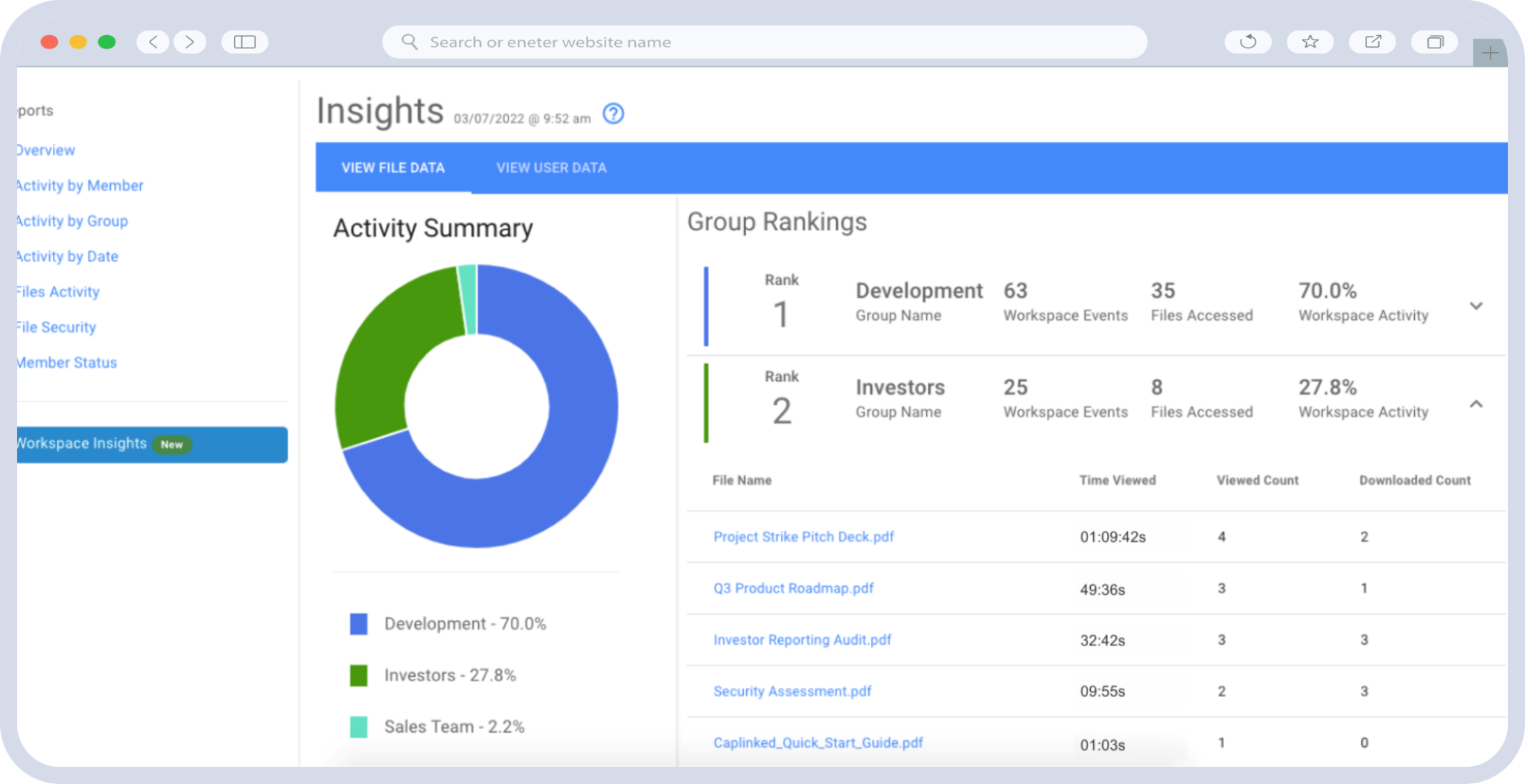The oil and gas sector is huge, the largest industry in the world, as far as dollar value goes, and many nations’ GDPs are significantly impacted by oil and gas. Deal values in the sector, along with the number of deals themselves, increased greatly in 2021, up from 40 in 2020 to 74 in 2021. This included several multi-billion-dollar deals involving some of the biggest players in the industry, including Royal Dutch Shell, ConocoPhillips, Cabot Oil & Gas, Cimarex Energy and Southwestern Gas Corporation, among others. As prices stabilize and companies are looking to dispose of older assets and acquire green energy businesses, that trend doesn’t look likely to change anytime soon.
Increase in M&A Activity in Oil and Gas Sector
As COVID-19 has diminished, there has been an increased need for energy, as demand has steadily been rising. This surge has also driven prices of energy higher, due to the uncertainty in the major oil producing countries and the threat of new, highly contagious COVID variants. However, since the worldwide COVID-19 crisis appears to have leveled off, it looks like the prices in the energy sector will follow suit, allowing for a more robust merger and acquisition (M&A) market.
The recent move toward renewable, or “clean” energy will also impact prices and deals moving forward. In addition, companies looking to reduce hydrocarbon assets and move toward clean energy will also impact M&A activity in the sector. Uncertainty about future government regulations and tax credits for “green” energy producers continue to evolve, and all this plays well into multiple M&As in the industry. But no matter what type of energy deal you’re entering, one of the mandatory tools for success is a virtual data room (VDR).
About Virtual Data Rooms
A VDR is a secure, online repository that is used for sharing and storing sensitive data. This is particularly important for companies involved in the due diligence phase of the negotiations. A VDR (sometimes referred to as a “deal room”) saves both time and money during the M&A process, as it allows users worldwide to store, edit and share documents related to the deal, eliminating the need for all the users to be in one room and adds to the security of the process by eliminating physical records. For those in the oil and gas industries (as well as virtually every other industry) that plan on undertaking any M&A activity, a VDR is a non-negotiable tool to not only help create (and share) an oil and gas due diligence checklist, but also to expedite the process, stay in compliance and save money as well.
How a VDR Helps During Due Diligence for Oil and Gas Companies
Simply put, due diligence is an audit, a way to confirm (or deny) the details of a potential business deal. In cases of M&A activity, it’s a deep dive into the finances of a company prior to commencing the proposed transaction with the other company. In short, it’s a way to mitigate risk from the deal. It helps provide insight into the titles and leases for various properties, well, and land used by the seller, among other issues.
Considerations for Using a VDR for the Oil and Gas Industries
Knowing that the oil and gas industry is the largest, most globalized and one of the most complex industries means that any type of deal-making in the space has a lot of moving parts. Due to the nature of the industry, even the smallest assets or data points can greatly impact the entire value of the transaction. These assets can be worth billions of dollars in long-term value, so the buyers as well as the sellers must be cognizant of this information. A few examples of how the oil and gas industry differs from other industries include items like the following:
- Quantifying the number of barrels that remain in the ground
- The financial impact on royalty holders
- Future royalty and revenue payments
Each of these items has its own set of issues. For example, future royalty payments include revenue, joint interest billing and working interest, among others. Additionally, understand that the entire industry is solidly focused on returns, so there are many financial irons in the fire, as far as oil and gas industry M&As are concerned.
But, in order to navigate a successful M&A, a VDR must be employed.
Your VDR Solution for Oil and Gas M&A and Due Diligence
CapLinked, a leader in the VDR space, provides secure VDRs for any oil and gas company involved in an M&A. CapLinked’s VDRs provide secure access, enterprise-level encryption, multiple layers of security and version control. Its user-friendly interface allows easy uploading and editing of documents and is compatible with virtually every operating system.
The benefits of using a CapLinked VDR for oil and gas M&As include the following.
Compliance
Being compliant is key for the industry. The energy sector is one of the most regulated industries, and regulatory compliance is a multi-faceted process. In virtually every instance, there are requirements from multiple government agencies, including needing to meet the regulations of the governments of multiple nations. CapLinked is certified and compliant across the board to protect your data.
Time Savings
Naturally, the smoother the entire process is, the quicker the end is accomplished. And with a shorter time line, there are fewer chances of disruptions that could derail the entire process. In recent times, we’ve seen pandemics and wars, both of which greatly affected the industry. Plus, a shorter time line leads to cost savings, which is the next bullet point. Using a CapLinked VDR takes a fraction of the time that dealing with physical documentation does. In addition, users from around the world can access the VDR in real time, keeping things moving along.
Cost Savings
A centralized portal, where users scattered across the globe can quickly and easily share, edit and store documents related to the transaction is enormously cost effective, particularly in the oil and gas industry, where people from multiple nations are involved. Along with not having to pay for physical storage space for all the required documents, with a CapLinked VDR, all digital records are securely stored online. Furthermore, a VDR doesn’t require users to be in the same physical location at the same time.
Security
Being able to regulate who can (and cannot) view, edit or distribute documents in a VDR is far more secure than dealing with hard copy documents in a physical location. With a CapLinked VDR, an admin can quickly and easily control which parties see which documents. These permissions can be configured and modified in real time.
Ease of Bidding Process
With a centralized location, any bidding process can proceed faster and more accurately than one that has to deal with physical documentation. All CapLinked VDRs include a user-friendly interface compatible with virtually every OS, so users can upload, edit and download documents from every type of computer, smartphone or tablet.
Learn more about how CapLinked can help with your oil and gas industry M&A transaction with our virtual data rooms.
Chris Capelle is a technology expert, writer and instructor. For over 25 years, he has worked in the publishing, advertising and consumer products industries.
Sources
EAG 1 Source – What You Didn’t Consider About the Oil and Gas Due Diligence Process
Frontline Data Solutions – Managing Regulatory Compliance in the Oil and Gas Industry
White & Case – Record breaker: US M&A 2021








